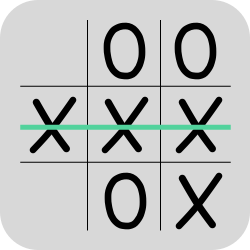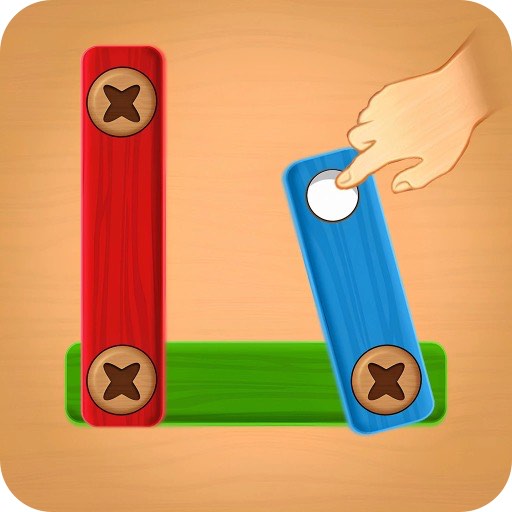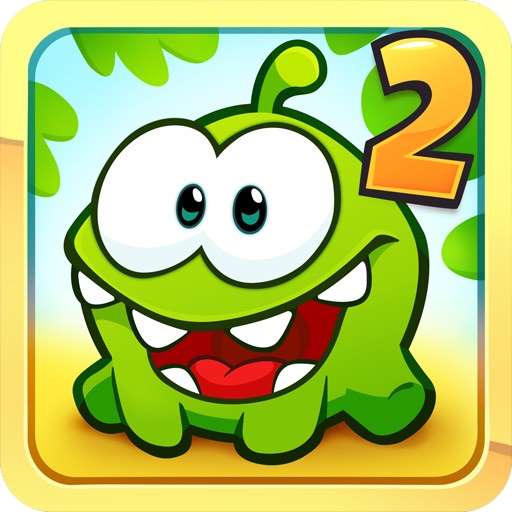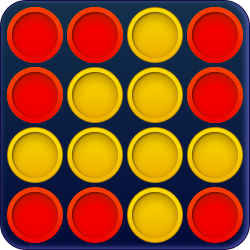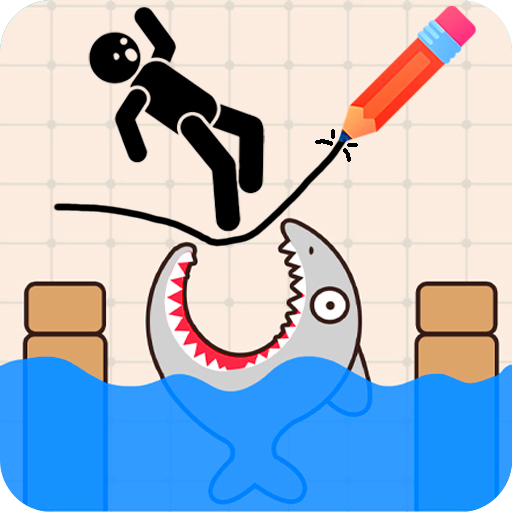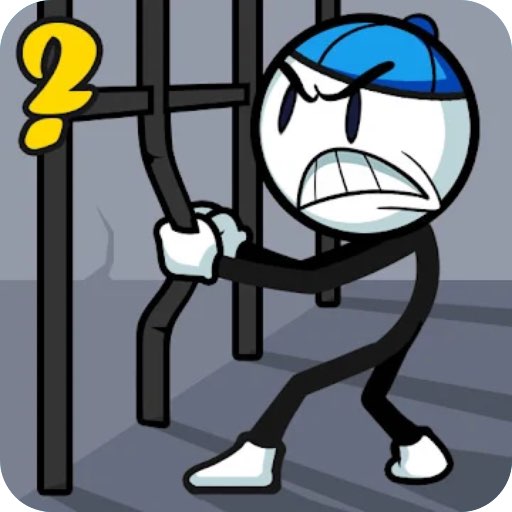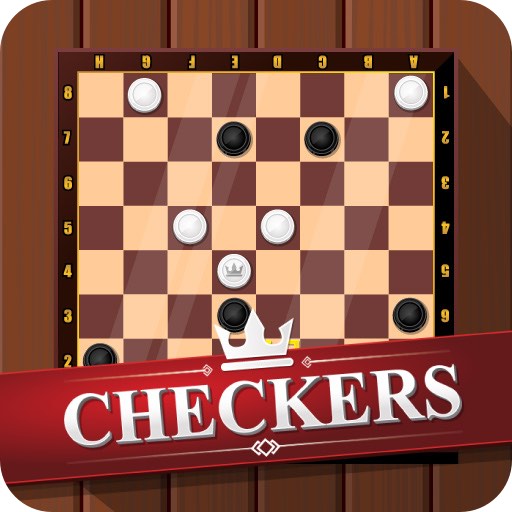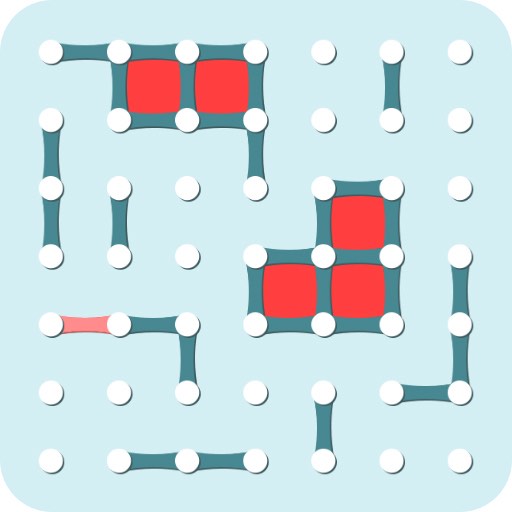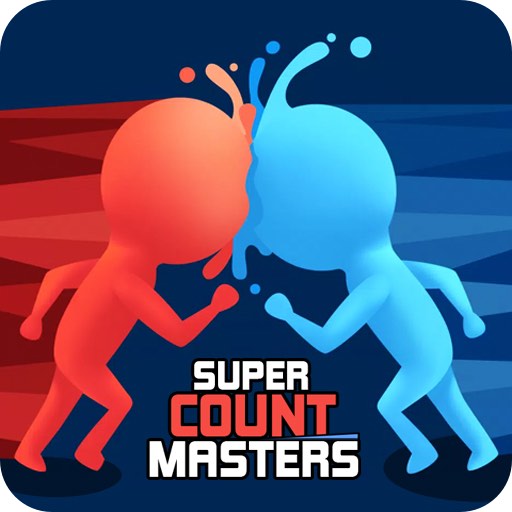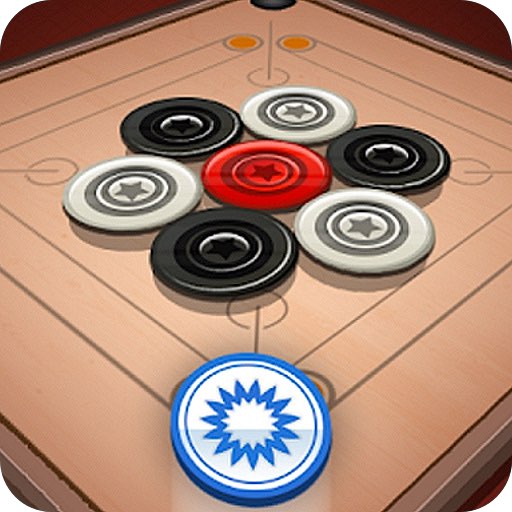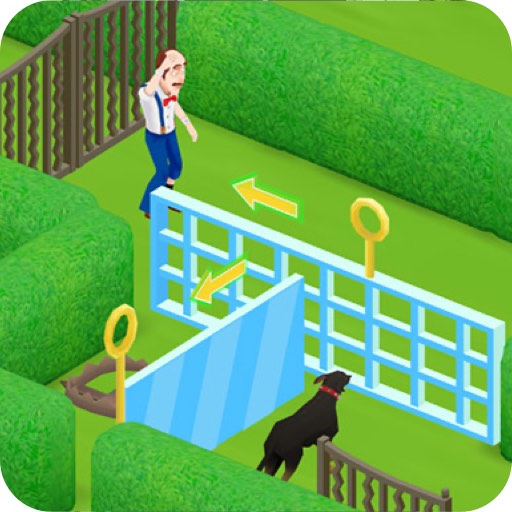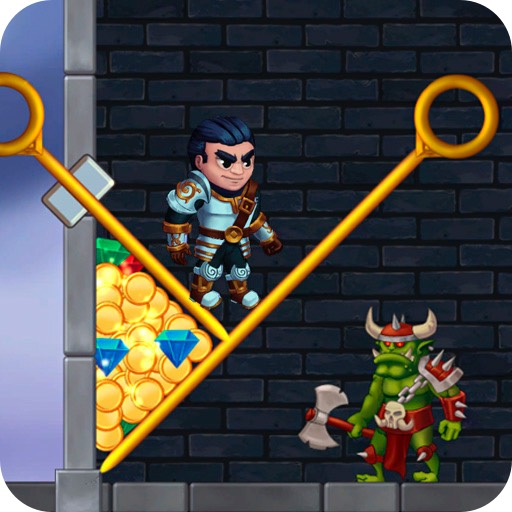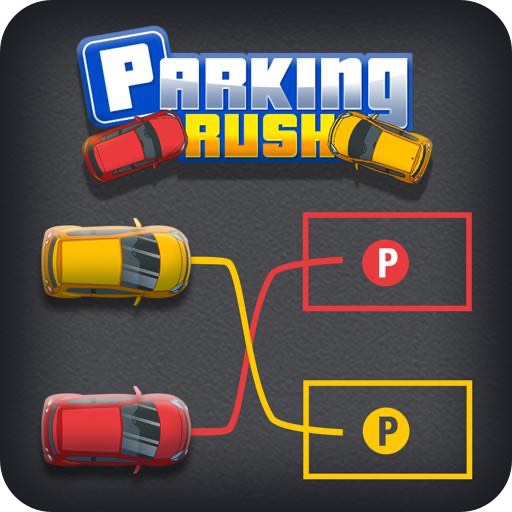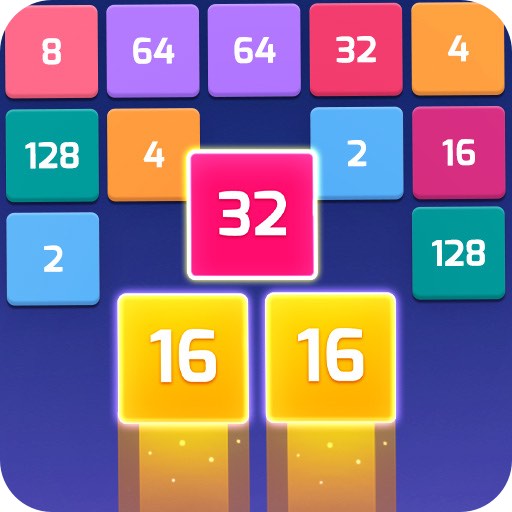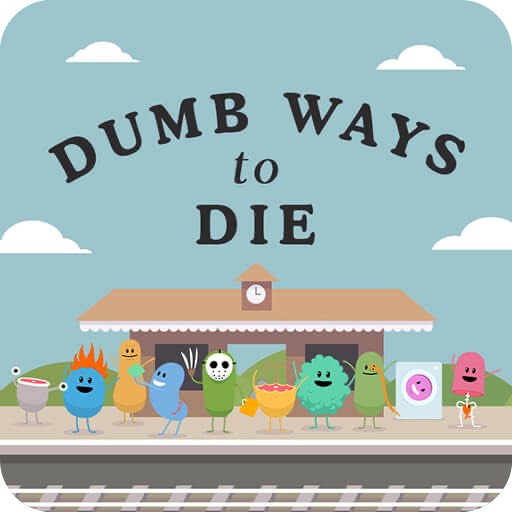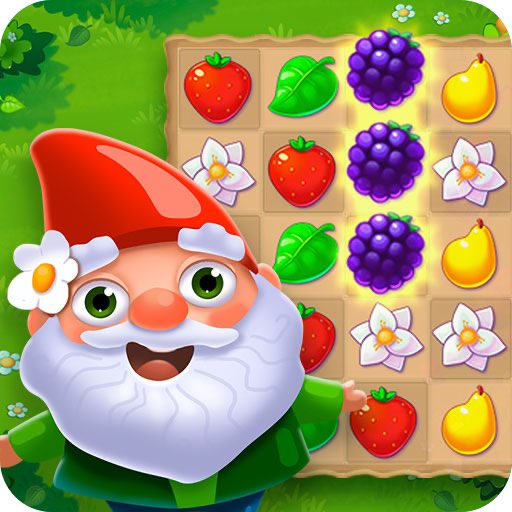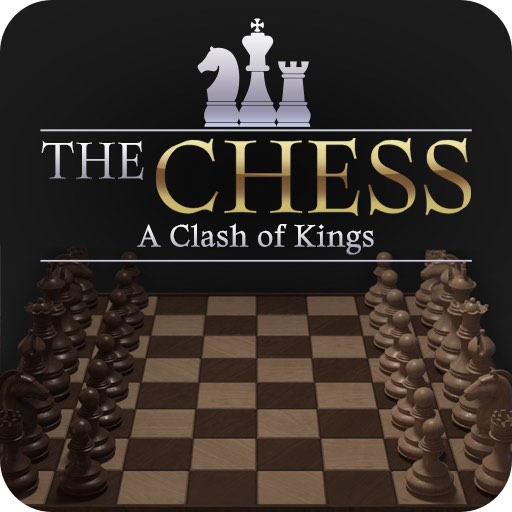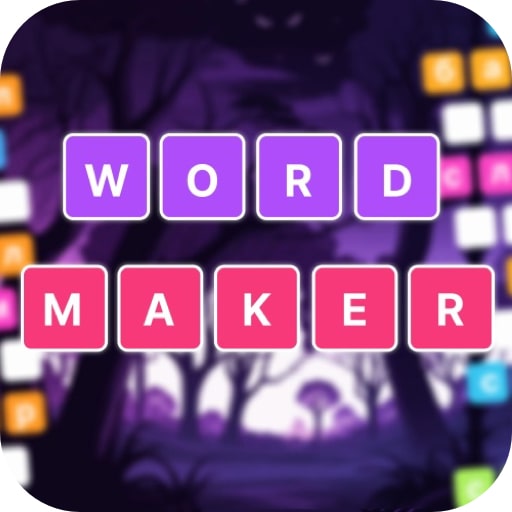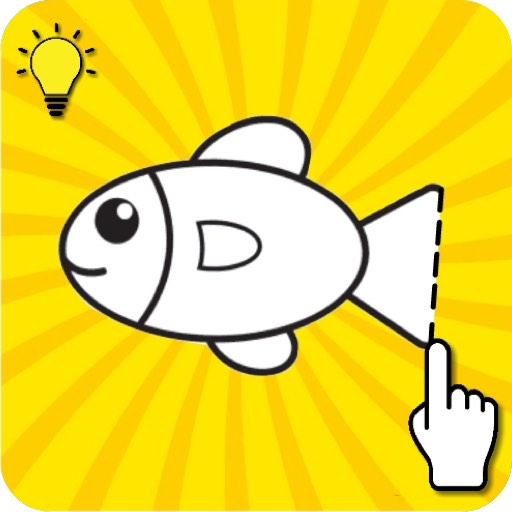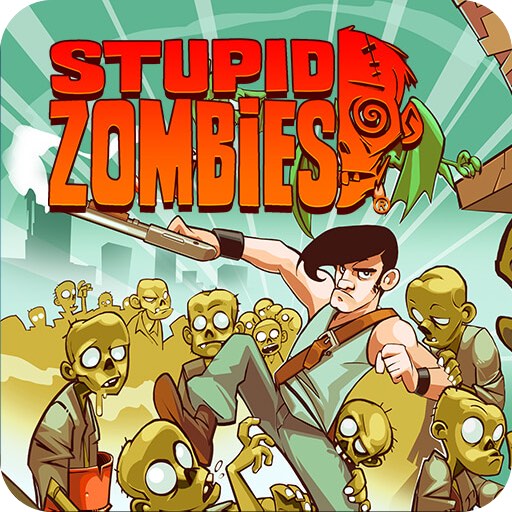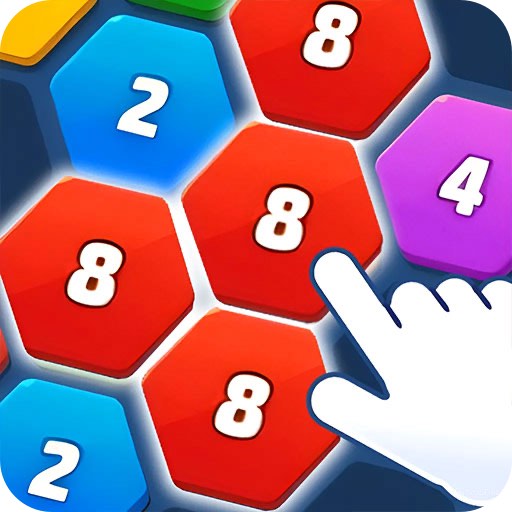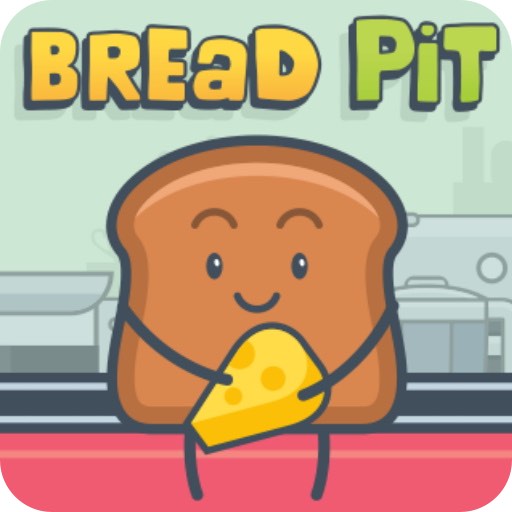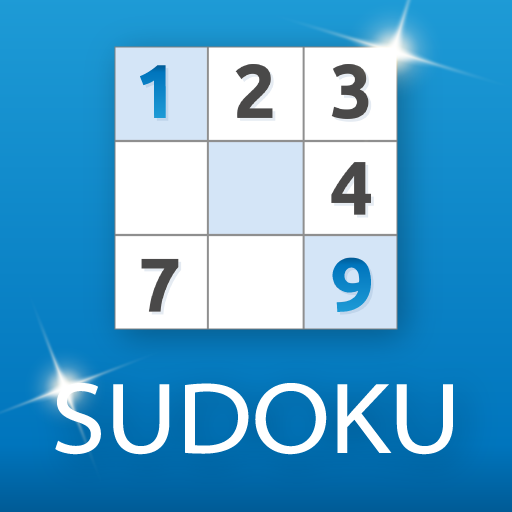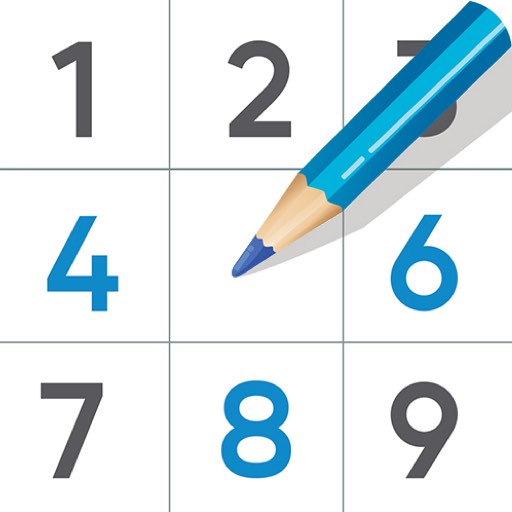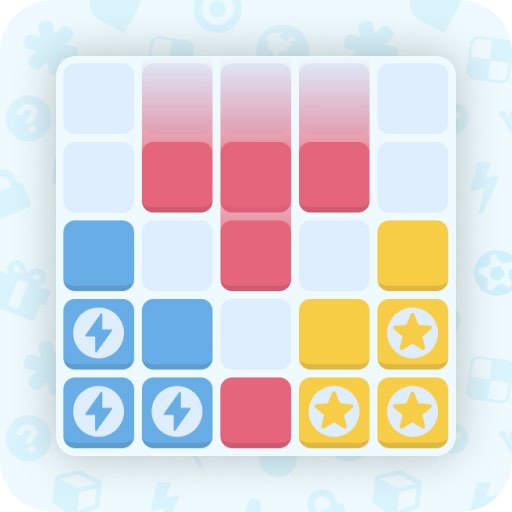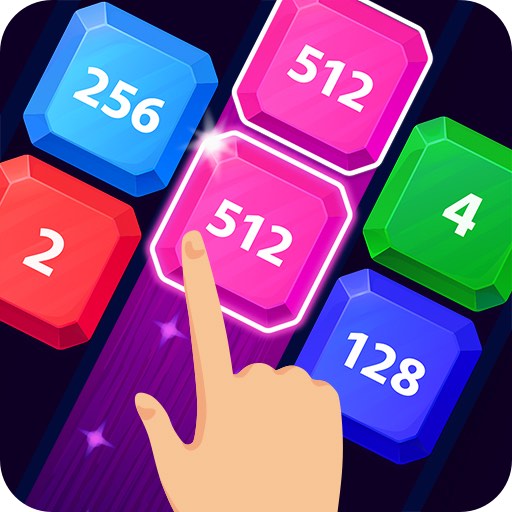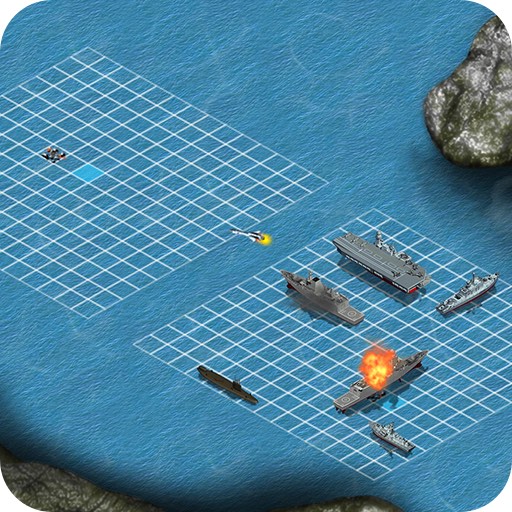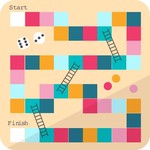About thinking games
This category of thinking games is sure to make the cogs in your brain spin faster. Luck plays no role in these games. Only your little gray cells, your master strategy skills, and your cunning can get you to victory.
Do you think you have what it takes? Play these thinking online games and find out if your reasoning skills are as sharp as you think.
What are thinking games?
Thinking games are not a type of game, but rather a category of fun challenges that require brain work to solve.
These games do not rely on luck or motor skills. You must use your analytical skills and logical reasoning to solve them and win. Some may even require strategy and the employment of other skills such as visual-spatial processing, memory, and/or concentration.
Types of thinking games
Thinking games can take up many forms, which means that anyone can find a game to their liking to challenge their brains.
Sudoku, is a prime example of a thinking game, for instance. Each puzzle has one single solution and the players must rely solely on their logical skills to solve them. There is no mathematical knowledge or luck involved. The simple reasoning is: if X is true, then Y is false.
2048 is also a numbers puzzle that requires logical thinking to be solved but already requires good visual-spatial processing to plan the merge of the tiles and increase their sum.
Also involving visual-spatial processing, we have Falling Cubes, a game inspired by the classic Tetris. Even more challenging, we have The Cube, an online game that replicates the Rubik’s Cube, the long famous 3D puzzle that even prompted the existence of worldwide championships given its difficulty.
Many games involving beating an opponent, be it a friend or artificial intelligence, also fall within the category of thinking games when they do not involve the use of dice or any other device subject to luck.
These can even be harder as you need to double your reasoning skills. For example, in a game of Master Chess you must plan your strategy and analyze the disposition of the pieces on the board, but also get in your adversary’s shoes and try to understand what their strategy may be and how they are perceiving the board.
Chess is a complex game, but the same type of double thinking can also be found in much simpler games such as 4 in a Row or Tic Tac Toe, for example. In both of these games, you need to focus both on trying to win and on understanding your opponent’s intent in order to try to block them.


